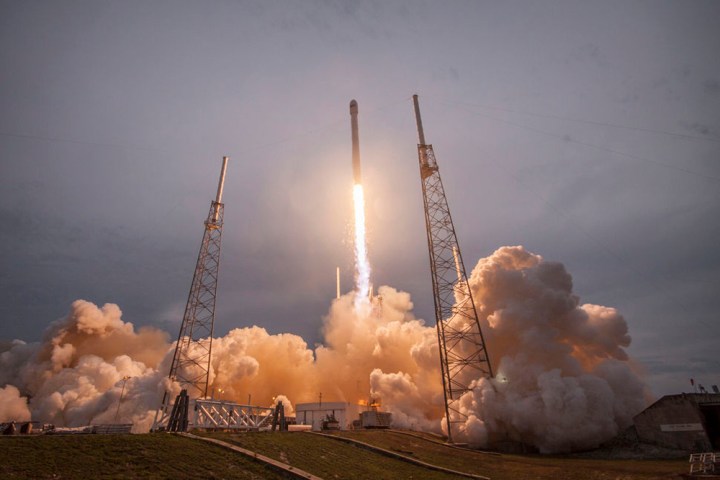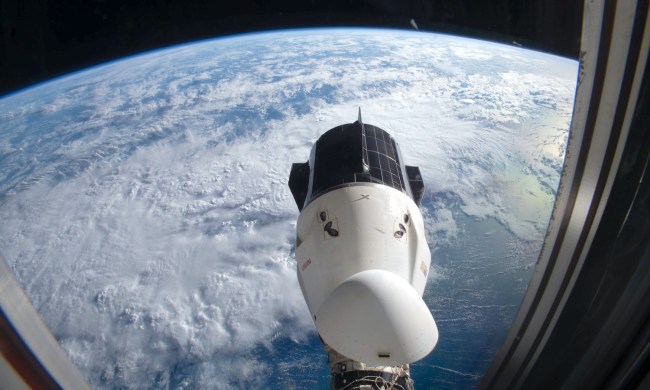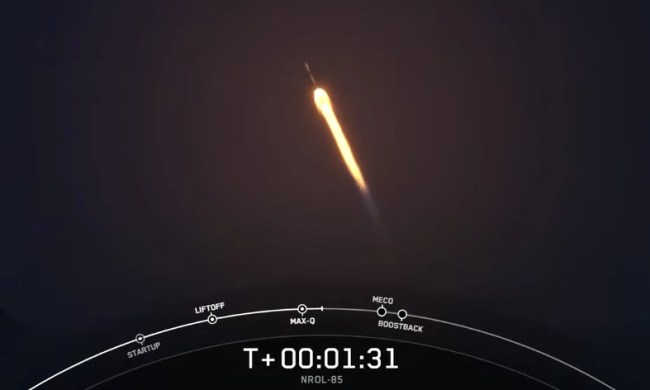
Last week, December 16 was cited as a likely date for its next launch, but in an announcement on Wednesday the California-based space company said that resuming operations next month “allows for additional time to close-out vehicle preparations and complete extended testing to help ensure the highest possible level of mission assurance prior to launch.” In other words, it wants to be doubly convinced that the disaster can’t happen again.
The mission, launching from California’s Vandenberg Air Force Base, will send 10 Iridium Communications satellites into orbit.
An investigation carried out by SpaceX, NASA, and the U.S. Air Force, alongside other industry experts, put the cause of September’s disaster down to a fueling issue that saw liquid oxygen freeze as it was flowing into the Falcon 9’s second stage tank.
The result was a catastrophic explosion that destroyed not only the Falcon 9 rocket but also a $200-million Israeli satellite that Facebook was hoping to use as part of its ambitious plan to bring internet connectivity to remote and underserved communities around the world.
SpaceX CEO Elon Musk called it a “really surprising problem that’s never been encountered before in the history of rocketry,” adding that getting to the bottom of it had proved much more difficult than expected.
Now that it’s uncovered the cause of the disaster and taken action to hopefully prevent anything like it happening again, SpaceX and its clients will be desperate to resume operations and put September’s unfortunate calamity well and truly behind it.


